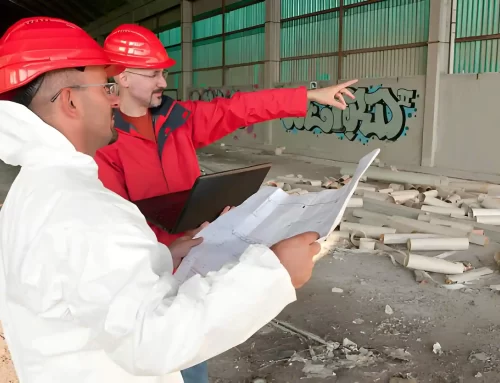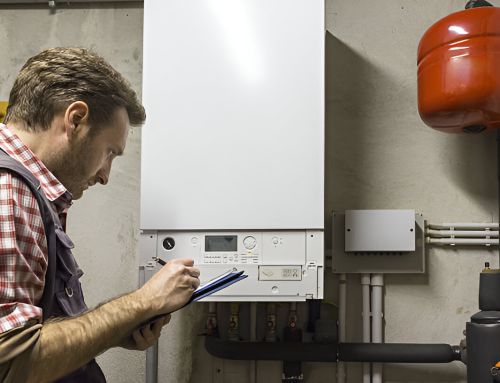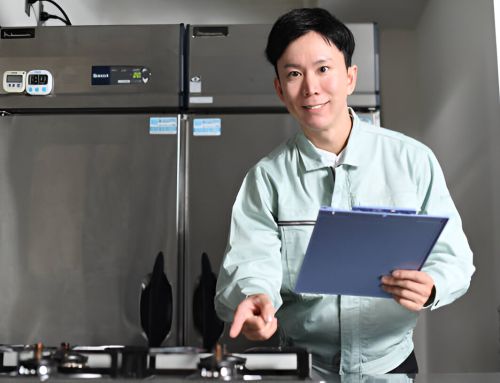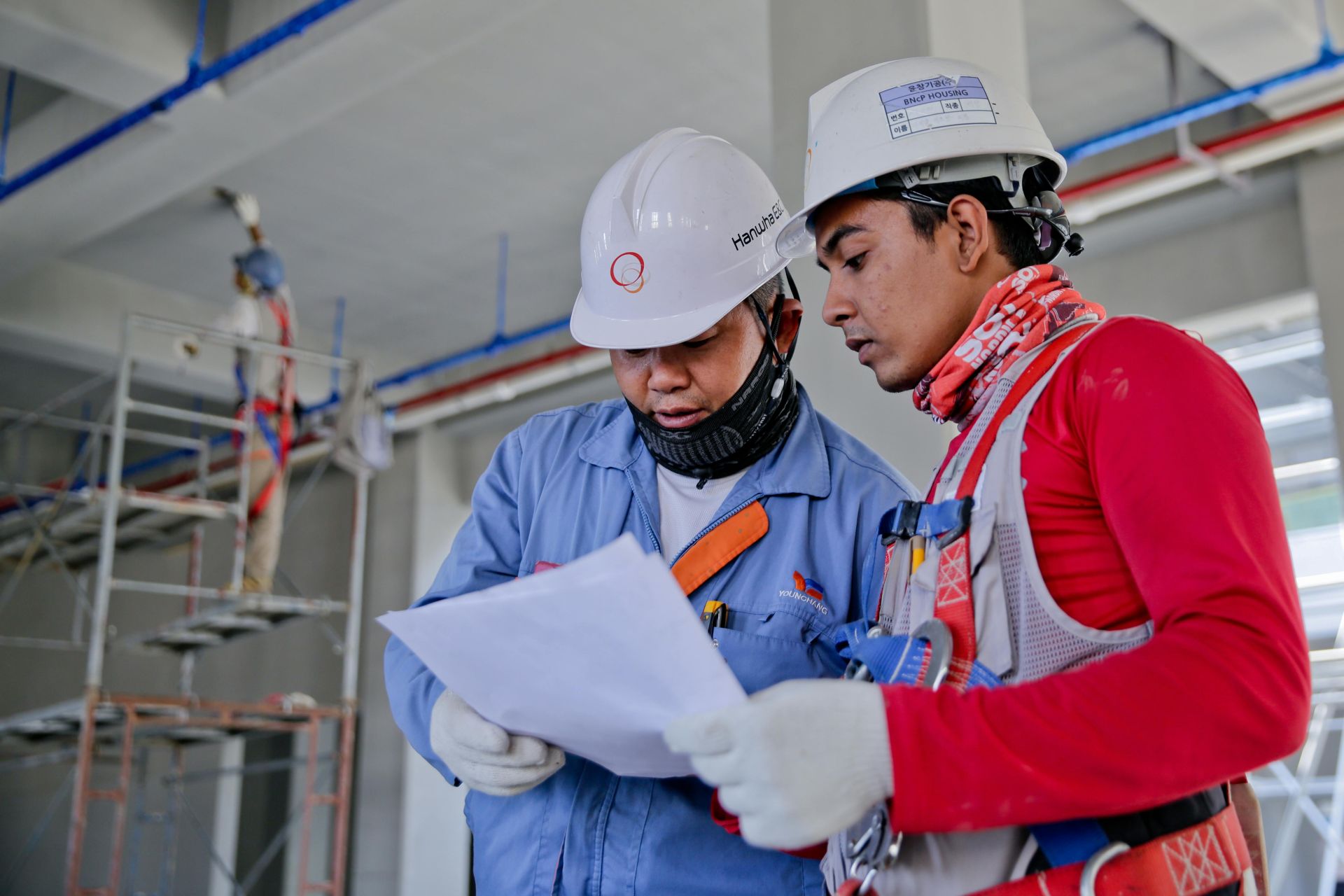
Running a business in the UK comes with many responsibilities, and one of the most important is ensuring the safety of your premises. Gas safety, in particular, cannot be overlooked. Faulty gas systems pose significant risks, from leaks and explosions to deadly carbon monoxide poisoning. That’s why businesses that use gas appliances are required to hold a valid commercial gas safety certificate.
This certificate is more than just a legal formality; it’s a safeguard for your employees, customers, and business reputation. In this comprehensive guide, we’ll walk through everything you need to know about commercial gas safety certificates in 2025, what they are, why they matter, the legal requirements, how much they cost, and what to expect during the inspection process. By the end, you’ll have a clear understanding of how to keep your business safe, compliant, and protected.
What Is a Commercial Gas Safety Certificate?
A commercial gas safety certificate is an official document provided by a qualified Gas Safe registered engineer after carrying out a full inspection of gas appliances in a commercial property. It serves as proof that all installations and appliances have been tested, are operating safely, and meet the necessary UK legal standards.
The document itself contains important details such as the property address, the name and Gas Safe registration number of the engineer, a complete list of appliances inspected, the results of each test, and any actions needed to correct defects. If everything is in order, the certificate confirms your business is compliant. If issues are found, you’ll be informed of the steps required before the certificate can be finalised.
In practice, this certificate is your assurance that your workplace gas systems are not putting lives at risk. For businesses such as restaurants, hotels, offices, and factories, where gas usage is common, it provides peace of mind to both owners and stakeholders.
Why Your Business Needs a Commercial Gas Safety Certificate
Obtaining a commercial gas safety certificate isn’t optional; it’s a legal obligation for many businesses. But beyond the law, it plays a significant role in protecting people and securing your business’s future.
Firstly, there’s the legal aspect. The UK’s Gas Safety (Installation and Use) Regulations 1998 clearly state that all gas appliances must be maintained in a safe condition. Without a valid certificate, you risk fines, enforcement action, and even prosecution. Insurers also often require proof of compliance before they will process claims.
Secondly, there’s safety. Gas is highly useful but also highly dangerous if left unchecked. Faulty appliances can cause leaks or fires, and poor ventilation can lead to silent carbon monoxide poisoning. A certificate confirms that your workplace is free from such risks, giving confidence to staff and customers.
Finally, a commercial gas safety certificate is about professional credibility. Clients, employees, and regulators all take compliance seriously. Demonstrating that you meet your responsibilities enhances your reputation and shows your commitment to high standards.
In short, a certificate protects your people, your premises, your finances, and your good name.
Legal Requirements for Commercial Gas Safety Certificates in the UK
UK law takes gas safety extremely seriously, particularly in business settings where many people may be exposed to risks. The key legislation is the Gas Safety (Installation and Use) Regulations 1998, which obliges business owners and landlords to keep all gas appliances and fittings safe.
This responsibility is reinforced by the Health and Safety at Work Act 1974, which places a duty of care on employers to protect employees and visitors from harm. Failure to comply could be deemed a breach of this wider duty, attracting legal penalties.
In addition, Building Regulations set standards for the installation of gas systems in commercial premises, while local authorities and fire safety officers may also request proof of compliance.
In short, the law requires not only that your appliances are safe, but that you can demonstrate their safety through documentation, which is exactly what the commercial gas safety certificate provides.
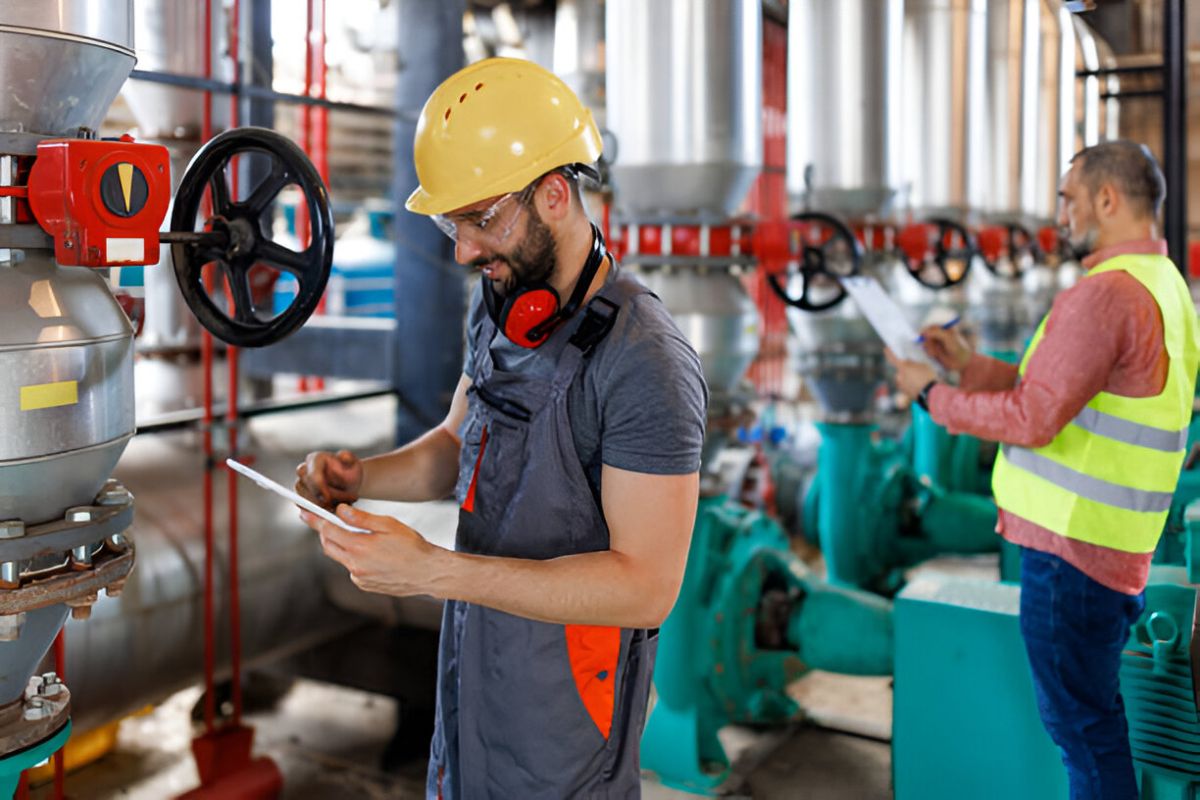
Who Must Obtain a Commercial Gas Safety Certificate?
Not all businesses need a commercial gas safety certificate, but most that use gas do. Landlords renting out commercial premises have a legal duty to provide one to their tenants. Businesses operating restaurants, cafés, and catering facilities must also ensure all gas cookers, ovens, and hobs are checked annually.
Hotels, care homes, and schools are other examples of businesses where gas heating and hot water systems are common. Industrial and manufacturing sites often use boilers or burners that also require certification. Even offices and retail outlets with central heating powered by gas fall under these rules.
Essentially, if gas is used on your premises, a certificate is required. The responsibility falls on whoever controls the property, whether that’s the business owner, landlord, or facilities manager.
The Inspection Process: What to Expect During a Commercial Gas Safety Check
For many business owners, the inspection process can feel daunting. But in reality, a commercial gas safety check is straightforward when carried out by a qualified Gas Safe registered engineer.
The inspection typically begins with a visual assessment, where the engineer checks for signs of damage, corrosion, or leaks. Next, a tightness test ensures there are no leaks in the gas system. Appliances such as boilers, ovens, or heaters are then tested for safe operation, correct gas pressure, and proper combustion.
Ventilation is carefully examined to confirm there’s adequate airflow for safe burning, and flues or chimneys are inspected to ensure harmful gases are being expelled safely. If faults are identified, the engineer will highlight them, sometimes shutting down unsafe appliances until repairs are made.
Once all checks are complete, the engineer issues the commercial gas safety certificate, detailing results and any actions required.
Key appliances covered
Inspections normally include:
- Commercial kitchen equipment such as gas ovens, hobs, and grills
- Boilers and central heating systems
- Gas water heaters
- Industrial burners and manufacturing equipment
- Fireplaces or space heaters powered by gas
The role of Gas Safe registered engineers
It’s fundamental to note that only Gas Safe-registered engineers are legally permitted to issue commercial gas safety certificates. The Gas Safe Register is the UK’s official list of qualified engineers, replacing CORGI in 2009. Always verify an engineer’s credentials before booking an inspection to ensure they are certified for commercial work.
How Often Do You Need a Commercial Gas Safety Certificate?
A commercial gas safety certificate is valid for 12 months, meaning you must arrange annual renewals to stay compliant. Many businesses schedule checks just before their certificate expires to maintain continuous coverage.
In high-demand environments such as restaurants or factories, more frequent checks may be advisable, even if not legally required. Regular servicing alongside annual certification ensures your appliances stay safe and efficient.
Renewal timelines and compliance reminders
The law allows landlords to arrange an inspection within 28 days before the previous certificate expires, ensuring no gaps in coverage. Businesses should keep a logbook of all inspections and service history, and many choose to set up automatic reminders with their gas safety provider to avoid missed deadlines.
Risks of Not Having a Valid Commercial Gas Safety Certificate
Operating without a valid certificate can expose a business to serious risks. Legally, you could face heavy fines, prosecution, or even imprisonment if negligence leads to injury or death. Insurance policies may also become invalid, leaving you personally liable for costs in the event of an accident.
From a business perspective, regulators can shut down unsafe premises, disrupting operations and damaging customer confidence. And of course, the biggest risk is to health and safety; gas leaks or carbon monoxide exposure can have tragic consequences.
Ultimately, the small cost of certification is nothing compared to the potential fallout of failing to comply.
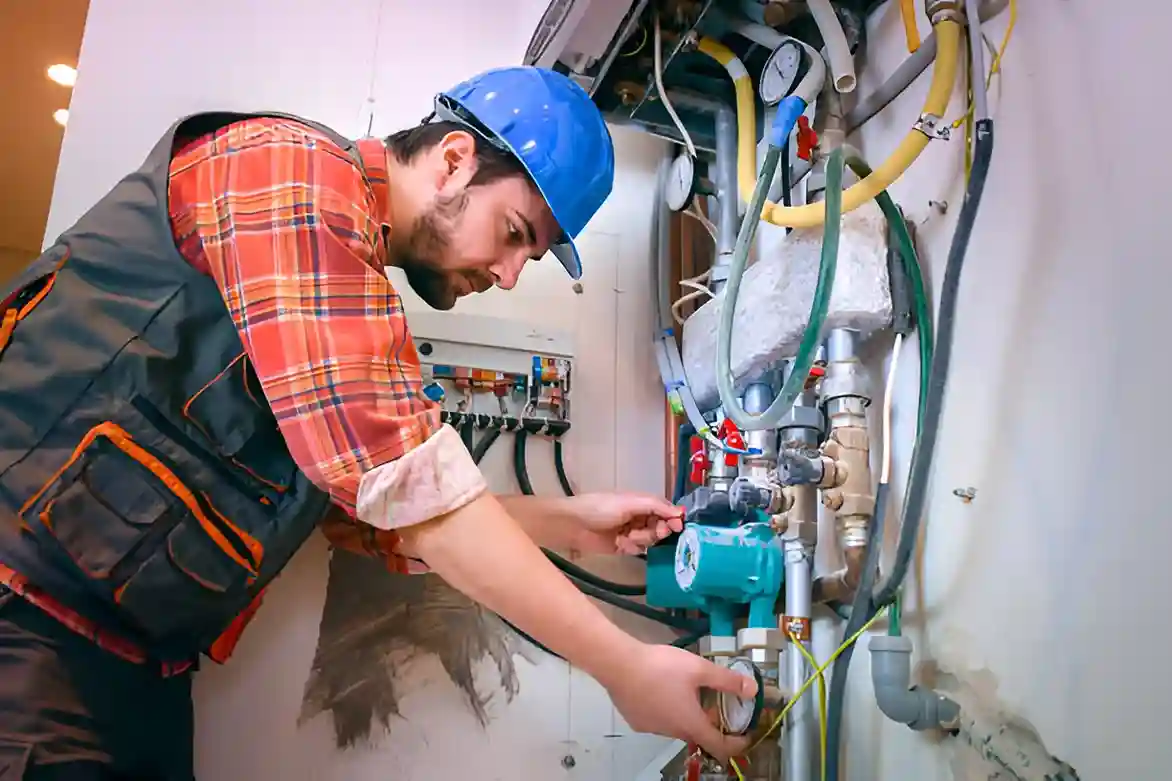
How Much Does a Commercial Gas Safety Certificate Cost in 2025?
Costs vary depending on the size of your property, the number of appliances, and the complexity of your systems. In 2025, typical prices range from £100 to £180 for small premises with a single boiler, up to £300 or more for larger sites with multiple appliances.
Location can also influence pricing, as can the urgency of the inspection. Emergency call-outs tend to be more expensive than planned visits.
Hidden costs to watch out for
While the inspection itself has a set price, additional costs may arise if repairs or replacement parts are needed. For example, if a boiler fails safety checks, you’ll need to budget for repairs before certification can be granted. Some businesses also face higher costs for complex systems requiring more detailed testing.
Choosing a Qualified Engineer for Your Commercial Gas Safety Certificate
Selecting the right engineer is vital. Always ensure they are Gas Safe registered and qualified for commercial work, not just domestic jobs. Check their ID card for confirmation.
Look for engineers with experience in your sector, whether that’s catering, hospitality, or industry. A good provider should offer clear pricing with no hidden fees and provide ongoing support beyond the inspection.
Tips to prepare your site for inspection
To make the inspection run smoothly:
- Keep all appliances accessible by clearing surrounding areas
- Gather previous certificates or maintenance records
- Inform the engineer of any known issues beforehand
- Schedule inspections at a time that minimises disruption to business operations
How to Book a Commercial Gas Safety Certificate with Our Team
Arranging a certificate is simple. Start by contacting our team for a quote. We’ll discuss your needs, the number of appliances, and the type of property you operate. Once booked, a Gas Safe-registered engineer will visit your site, carry out the checks, and issue your certificate promptly.
We also provide reminders for annual renewals and can support you with routine maintenance to keep everything running safely year-round.
Why Businesses Trust Us for Commercial Gas Safety Certificates
Over the years, we’ve worked with a wide range of businesses, from independent cafés to nationwide retailers. Clients trust us because we combine technical expertise with reliable service. Our engineers are highly experienced, fully qualified, and committed to keeping businesses safe.
We offer nationwide coverage, competitive rates, and a quick turnaround on certification. More importantly, we build long-term partnerships, helping businesses remain compliant year after year.
Frequently Asked Questions (FAQs)
A commercial gas safety certificate is valid for 12 months. Businesses must arrange a new inspection and renewal each year to remain compliant with UK gas safety regulations. Scheduling checks in advance ensures you don’t risk operating without a valid certificate.
Only a Gas Safe-registered engineer qualified for commercial work can carry out the inspection and issue the certificate. Always check the engineer’s Gas Safe ID card to confirm they are authorised to work on commercial appliances, as domestic-only engineers cannot provide commercial certification.
Yes, specific regulations exist for commercial properties concerning gas safety. These regulations mandate regular inspections, maintenance, and compliance with safety standards to guarantee the well-being of occupants and prevent risks associated with gas appliances.
The cost depends on factors like property size, location, and number of appliances. On average, in 2025, small business premises may pay £100 to £180, while larger or more complex sites typically pay £200 to £300+. Additional costs may apply if repairs are required before certification can be issued.
Final Thoughts
A commercial gas safety certificate is not just a regulatory requirement; it’s an integral part of running a safe, responsible, and successful business. It protects lives, ensures compliance, and helps you avoid costly risks.
Whether you manage a busy restaurant, a hotel, a school, or a manufacturing plant, staying on top of annual gas safety checks should be a top priority. By choosing qualified Gas Safe engineers and preparing for inspections properly, you can keep your premises safe, your staff protected, and your business reputation strong.
If your current certificate is due for renewal, don’t delay. Book your inspection today and give yourself the peace of mind that comes from knowing your business is compliant, protected, and future-proof.
About the Author: Atia Amin
Related Posts
Get Social
Recent Posts
- Electrical Diagnostic London: How Professional Testing Keeps Your Property Safe and Compliant
- Asbestos Management Survey London: Update Your Property Records
- Gas Safety Certificate London: Why Regular Checks Save Money Long-Term
- FRA London Explained: How a Professional Fire Risk Assessment Keeps You Compliant and Safe
- When a New Tenancy Requires Your EICR Certificate London Renewal


